
The Golden Age
The 15-hour working week predicted by Keynes may soon be within our grasp – but are we ready for freedom from toil?
Read or listen offline
Recommendation
Humankind lives in a time of immense prosperity, such that “no one need be poor.” Decades of free market liberalism, however, have ensured the continuance of a society ruled by the accumulation of capital and the continuance of inequality – both in income and leisure time. Economics professor John Quiggin argues in favor of a return to Keynesian economic theory, specifically, the pursuit of a society – facilitated by technological innovations – that prioritizes “social need” above “market signals of price and profit.” getAbstract recommends this article to economists and anyone interested in the changing workforce of the 21st century.
Take-Aways
About the Author
John Quiggin is an economist, a professor and an Australian Research Council Laureate Fellow at the University of Queensland and is a member of the Board of the Climate Change Authority of the Australian government.








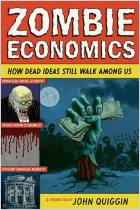
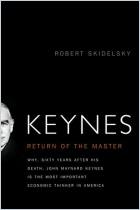
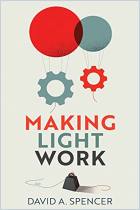
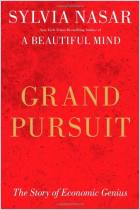
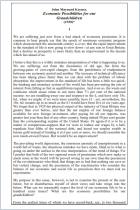
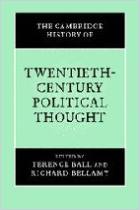
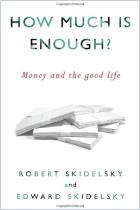



Comment on this summary or Iniciar a Discussão